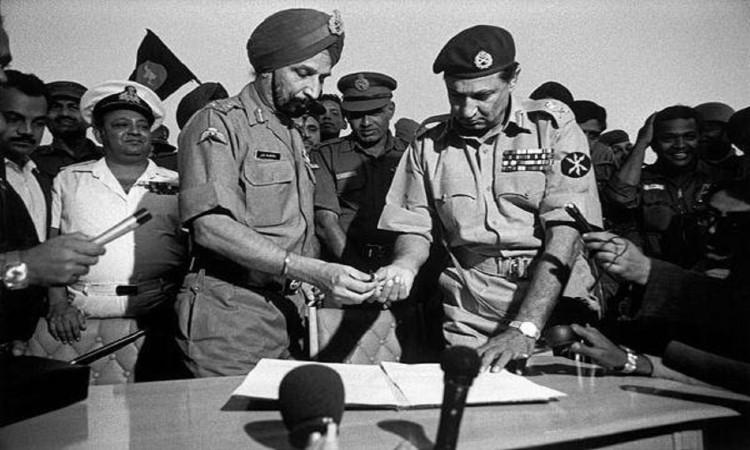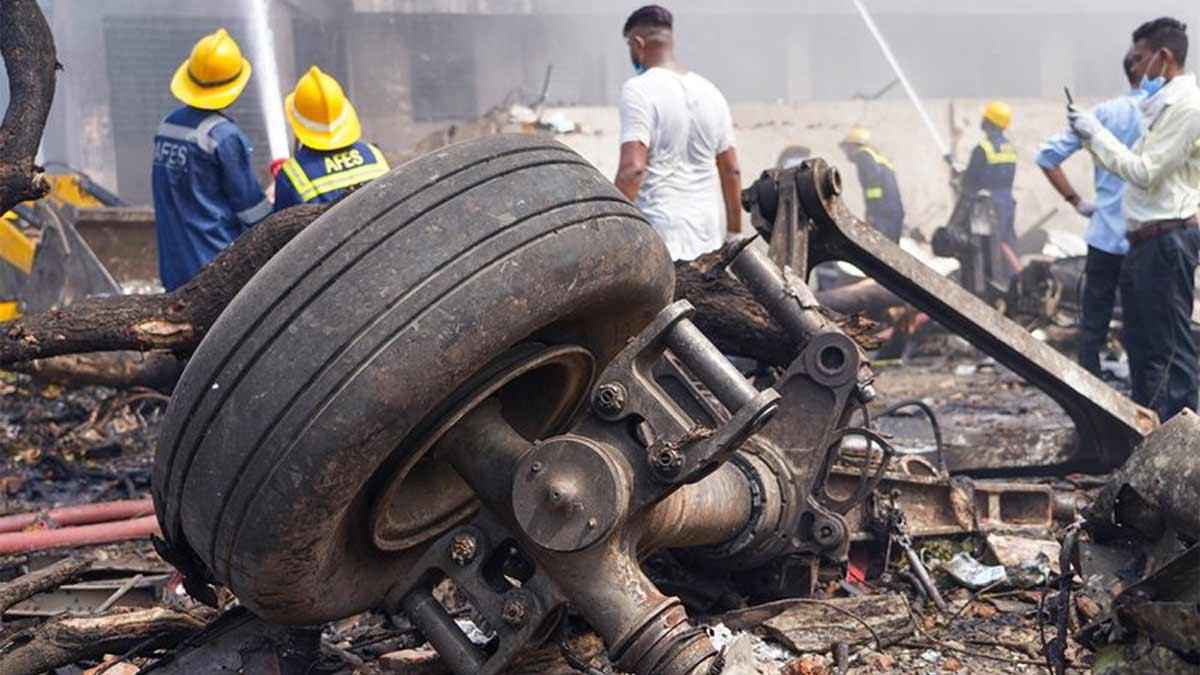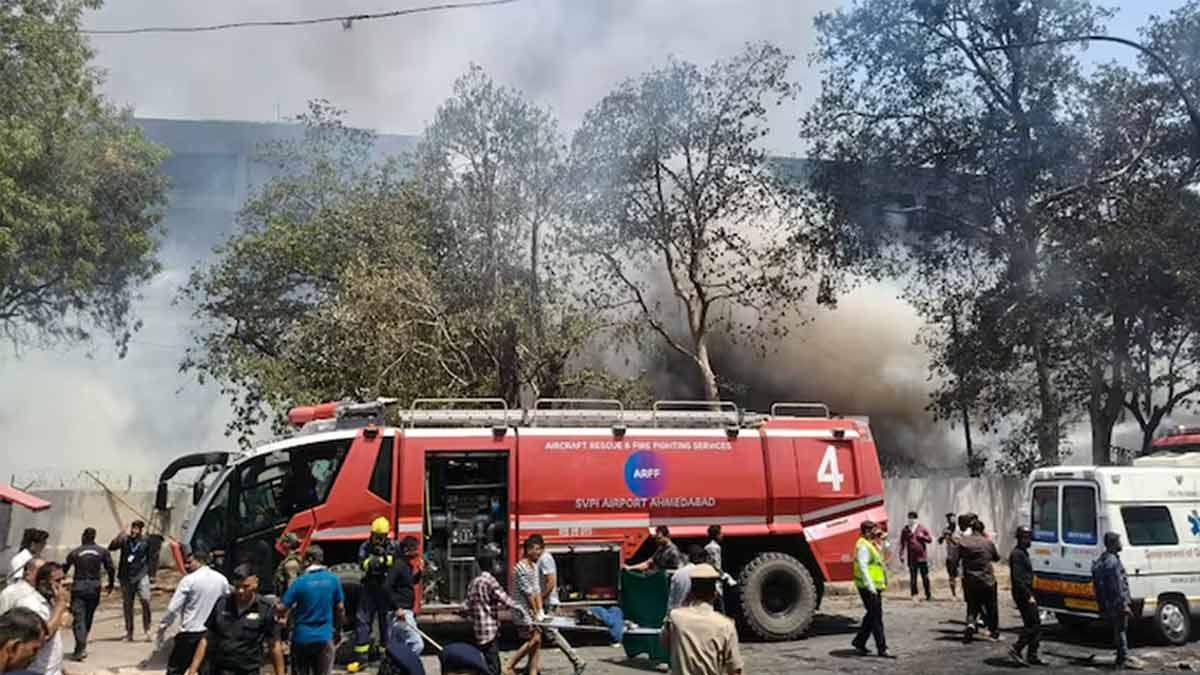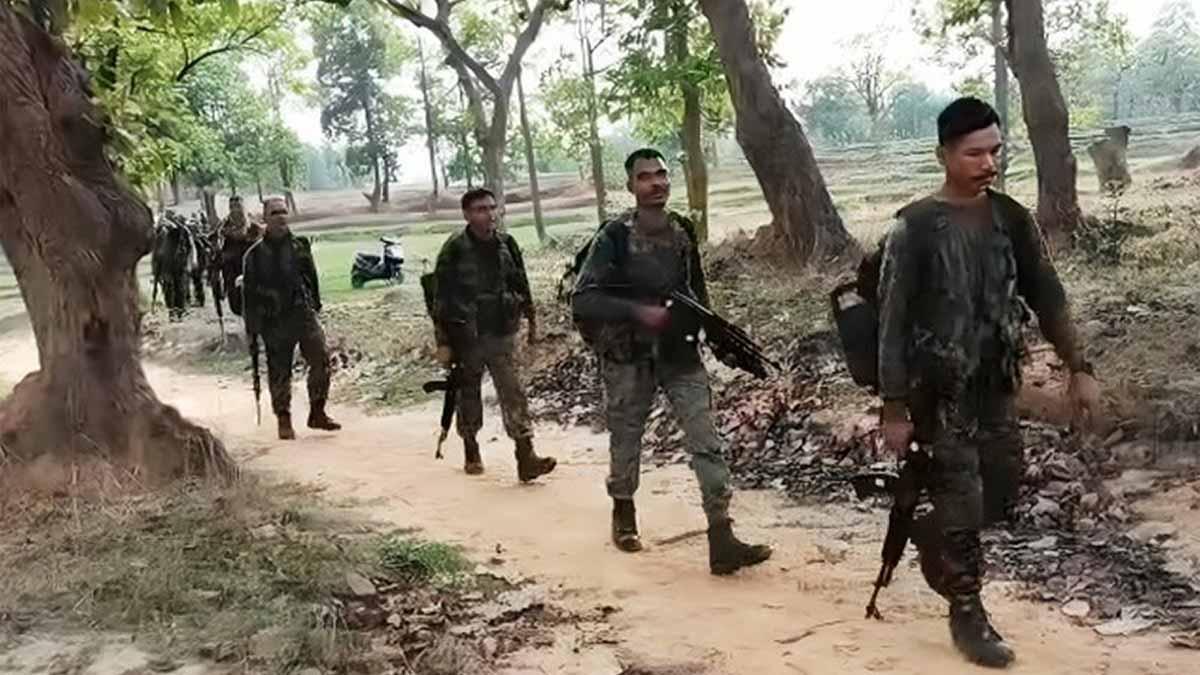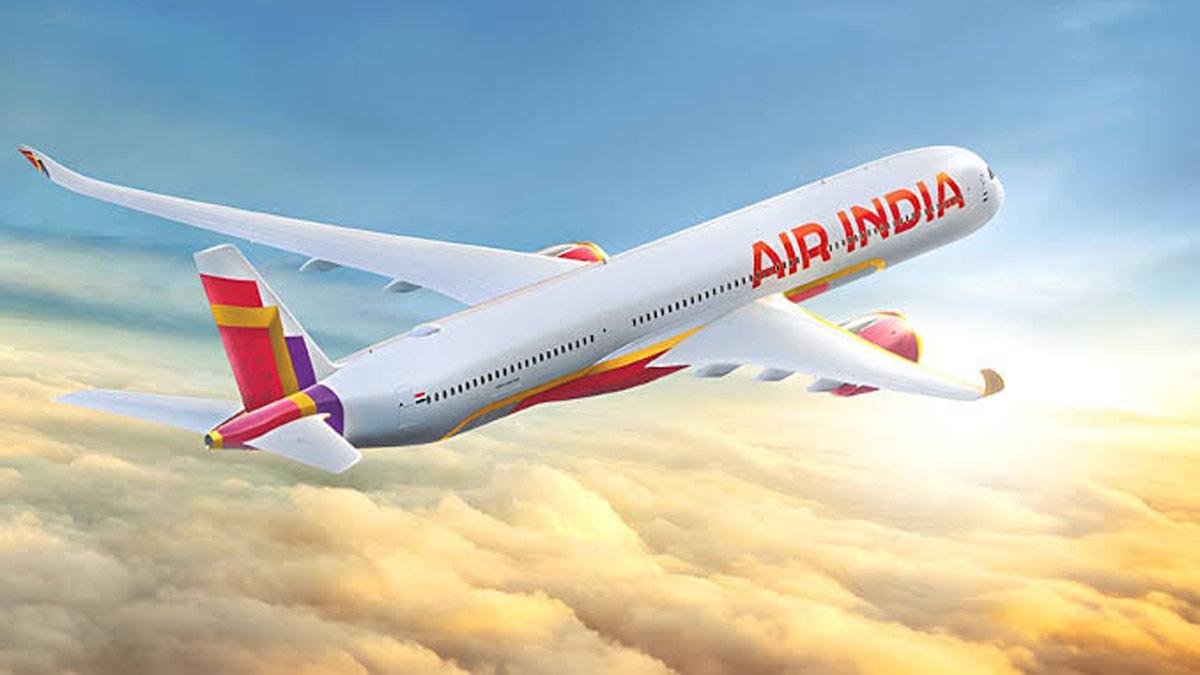India celebrates Vijay Diwas every year on December 16 to observe the decisive victory over Pakistan in 1971. Pakistan’s defeat resulted in the liberation of East Pakistan and the creation of Bangladesh. Bangladesh celebrates this day as 'Bijoy Dibos' or Bangladesh Liberation Day. The day marks its formal independence from Pakistan.
The war started on December 3, 1971, when the struggle for independence was at its peak in East Pakistan. It lasted for thirteen and ended on December 16 with the unconditional surrender of the Pakistan Army.
Here are 10 facts about the 1971 Indo-Pak war and Bangladesh's liberation:
1. The 13-day India-Pakistan war was sparked by the rebellion in the then East Pakistan against the Islamabad government.
2. The widespread genocide against Bengalis, mainly Hindus by the Pakistani military, as reported by media, forced about 10 million people to migrate to India. India opened its borders for the Bengali refugees.
3. The Indo-Pak war began after Pakistan Air Force’s (PAF) air-strike across airfields in north-western India. The Taj Mahal was camouflaged using leaves and twigs to hide it from the enemy aircraft.
4. To counter PAF’s aerial attack, the Indian Air Force flew about 4000 and 2000 sorties in the western and the eastern front, respectively. IAF continued to raid Pakistan’s forward air bases until the war ended.
5. Indian Navy's Western Naval Command conducted a surprise attack on Karachi port on the night of December 4-5. The operation was codenamed as Operation Trident. Indian Navy Day is celebrated to commemorate this day.
6. The Mukti Bahini, guerrilla resistance movement in East Pakistan, joined hands with the Indian forces to fight against Pakistani forces. Indian Army trained them and provided them with weapons.
7. The Soviet Union supported India and the East Pakistanis in their liberation war while the United States, under the presidency of Richard Nixon, extended its support to Pakistan economically and materially.
8. On December 16, 1971, General Amir Abdullah Khan Niazi, the chief of the Pakistani forces along with 93,000 soldiers surrendered to the Indian Army and the Mukti Bahini in Dhaka after defeat in the war.
9. Field Marshal Sam Manekshaw played a crucial role in India’s victory against Pakistan. 'You surrender or we wipe you out' was the message given by him to Pakistan on December 13, 1971.
10. Sam Manekshaw is remembered for telling Prime Minister Indira Gandhi that the Indian Army wasn’t ready for war in April 1971 and requested for a few months’ time.

